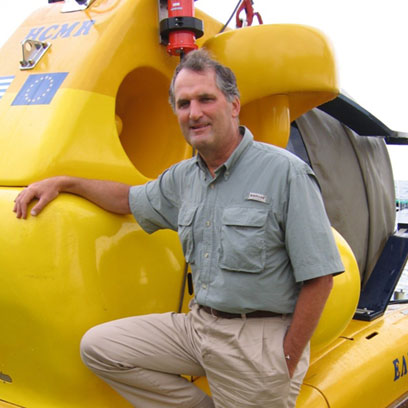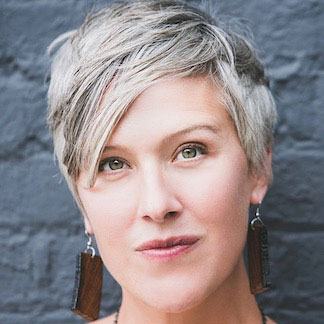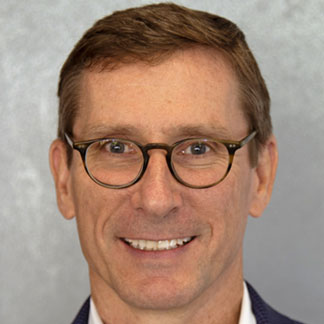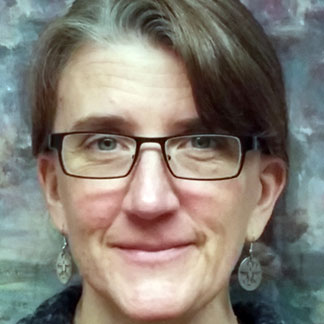Meet the Professor - Fall, 2019
The Liberal Studies Project presents a monthly lunch & lecture series
WHERE? University Club.
HOW MUCH? $15/person and $10/students. Check only. Includes lunch.
HOW TO REGSITER? Contact Janna Tajibaeva at 852-2247 or janna@louisville.edu.
 |
Thur., September 5Prof. John HaleMysteries of the Delphic OracleFor centuries, the woman who served as the famous Delphic Oracle was the most powerful single voice in ancient Greece. Her prophecies guided the fates of leaders and nations, and launched ventures from wars to colonizing expeditions. In his talk, Prof. John Hale (Anthropology) will unlock the historical and geological secrets behind the prophetic trances of the women who served for centuries as the medium for the divine oracles of Mother Earth and the prophet god Apollo. |
 |
Thur., October 3Prof. Kristi MaxwellWriting that Excludes: the Generative Potential of LipogramsProf. Kristi Maxwell (English) is interested in the relationship between form and performance in poetry. She will discuss lipograms (writing that excludes one or more letters) and the formal strategy's limitations and possibilities. Among her examples are poems from her manuscript-in-progress, Ex-, in which she explores the tension between existence and extinction, testing out, in a linguistic landscape, what happens when what is endangered is instead absent – gone. |
 |
Thur., November 7Prof. David OwenOn Racialized WhitenessRace is a frequent topic of public discourse, but Racialized Whiteness is rarely examined. What does it mean to be White? How does Whiteness shape the social and cultural landscape? How is Whiteness sustained? And, how does it support both the idea and system of white supremacy? Prof. David Owen (Philosophy) will discuss these and other issues in his presentation. |
 |
Thur., December 5Prof. Lauren C. Heberle'Community' in Environmental Policy Research and PracticeUsing her own engaged research, Prof. Lauren Heberle (Sociology) will discuss how 'Community' is strategically deployed and contested in environmental decision-making by policy makers. She situates 'Community' as a politically constructed unit of analysis; a contested idea by which we make sense of our relationships; and as a unit demonstrating community engagement in the process of environmental decision-making. |
